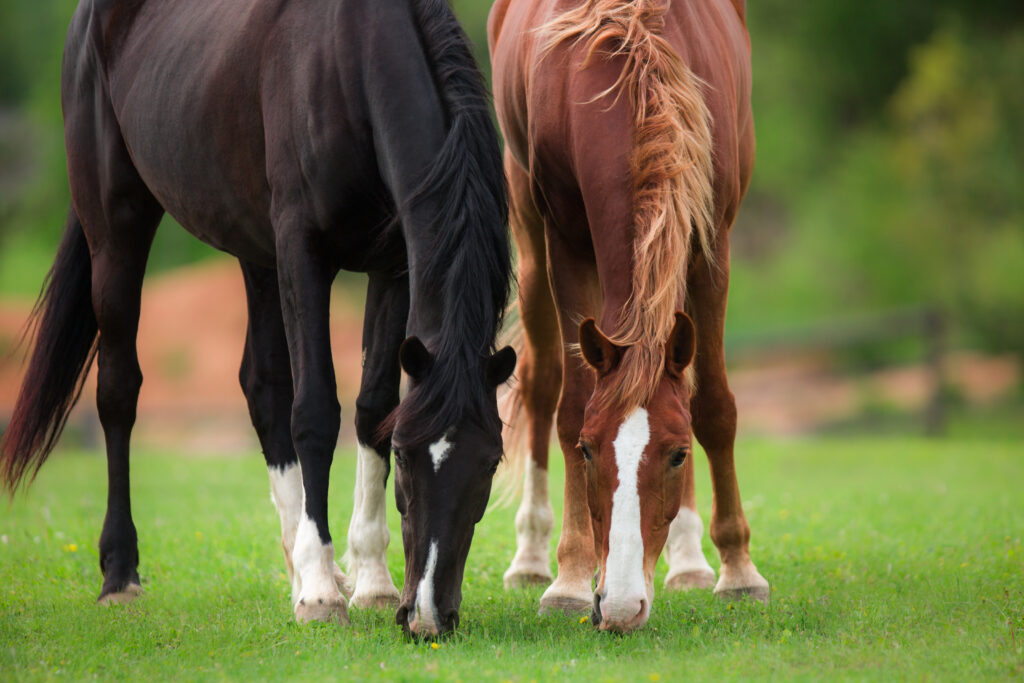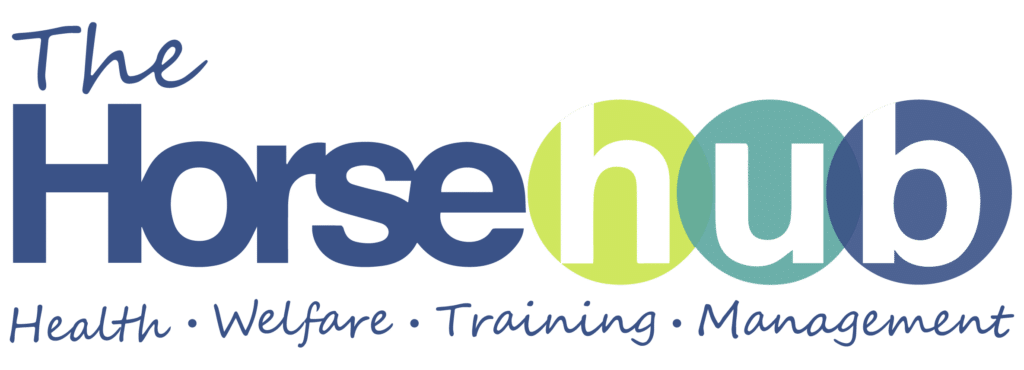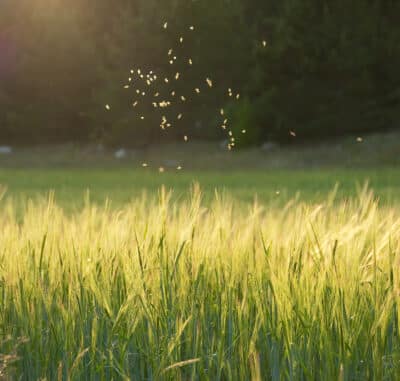Diseases & Conditions, Sustainability
Vector-borne diseases – What are they and why are they a threat to our horses?
Chris Keate, discusses the increasing risk of exotic diseases to the UK equine population
A vector-borne disease is one that is passed to animals and people from arthropods (biting midges, mosquitos, ticks, spiders). Currently in the UK the most common vector borne illness is Lyme disease, transmitted by ticks.
BUT, there are other very nasty ‘exotic’ vector-borne diseases endemic to warmer continents including Bluetongue virus (BTV) affecting cattle and other ruminants and, African horse sickness (AHS) and West Nile virus (WNV) that affect horses – WNV being a zoonotic can also be passed to humans.
Until fairly recently, these diseases have only been seen in tropical climates however, as global warming continues, disease bearing vectors are spreading to previously cooler climates including Europe.

Why is BTV relevant to horse owners?
BTV is spread by the culicoides midge – yes the one that causes sweet itch and, which is native to the UK. This midge also carries AHS, and it is accepted that where BTV goes, at some point AHS will follow.That bears repeating:
“Where bluetongue virus goes, African horse sickness will follow.”
The UK saw its first outbreak of BTV-8 in August 2007¹ on a farm near Ipswich. All animal movement in the area was halted and affected animals euthanised to minimise transmission to healthy animals, which could progress to BTV-8 becoming endemic in the UK. By early 2008, 125 premises had been affected before voluntary vaccination eradicated the disease in the UK.
This was the first time a culicoides midge borne outbreak had been detected in the UK. Its passage to our shores was detected as being blown on a warm wind from mainland Europe.
 African horse sickness – an increased risk
African horse sickness – an increased risk
As global warming increases, we will see more incursions to the UK of vectors bearing exotic diseases. During a routine end of vector season sampling on a herd of cattle in Kent during November 2023, one homebred cow tested non-negative to BTV-3. A 10km Temporary Control Zone (TCZ) was immediately put in place, and the restrictions are on-going.
Our climate in the UK is warming. While the risk from exotic disease such as AHS and WNV (spread by mosquitos) is currently considered low, we have moved from the belief that it will never happen, to one that it is entirely possible, that it will.
Should either of these diseases take hold in northern Europe, the consequences would be severe and the spread to the UK a much higher risk.
A central hub
In light of the increased threat to the animal and human population, a new central hub has been set up to monitor and respond to vector-borne diseases.
The One Health Vector-Borne Diseases Hub will research and collate data, making it easier to share and disseminate information. Should a future outbreak occur, this will help track disease spread, forecast the risk, and mitigate its impact on human and animal populations.
With government funding from Defra and UK Research and Innovation, the project will be led by Imperial College London, along with the University of Liverpool, and other leading institutions.
Principal investigator Dr Lauren Cator said: “To respond to vector-borne diseases we need to be able to rapidly share data and expertise about humans, animals, the vector species which transmit pathogens between them, and the environment.
“This project will provide new ways for the UK community to share data and support the development of new networks for using that data to tackle this emerging challenge.”
References
- Szmaragd C; Wilson AJ; Carpenter S; et al. The Spread of Bluetongue Virus Serotype 8 in Britain and Its Control by Vaccination. PLos One 2010; 5(2): e9353. Published online 2010 Feb 22. https://doi.org/10.1371%2Fjournal.pone.0009353
Next steps
The Horse Hub will bring you more detailed information on AHS and WNV. Watch out for our new Sustainability Hub, which will be live soon. We are working with the EIDS (Equine Infectious Diseases Surveillance) team, and sustainability consultant Ruth Dancer, White Griffin Ltd.
EIDS will look at the impact of the infectious diseases currently circulating in the UK and, what horse owners can do to avoid these diseases and their impact on the equestrian community.
Ruth will discuss the effects of our horse management on the environment and, how we can do our bit to mitigate the effects of climate change, which as we all know, is becoming more urgent as every day passes.

 African horse sickness – an increased risk
African horse sickness – an increased risk